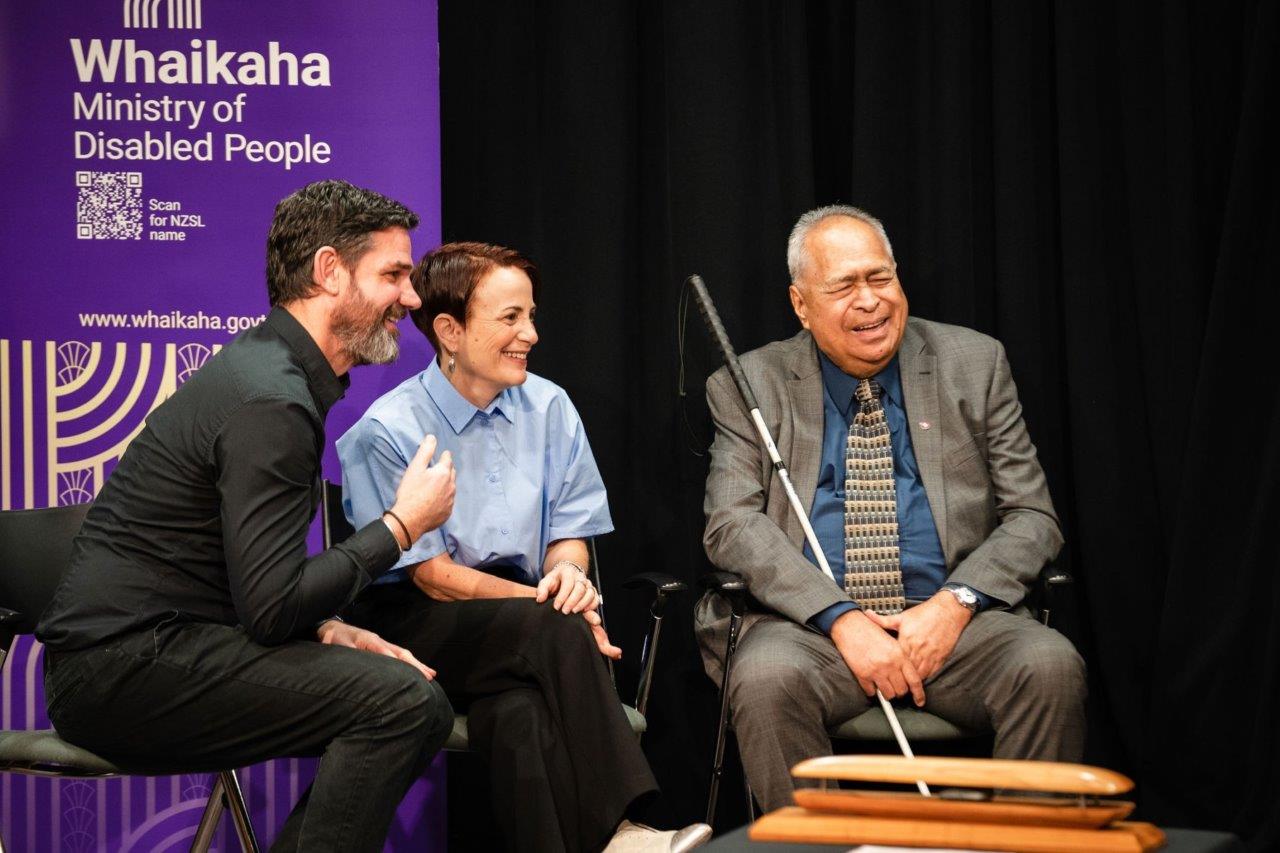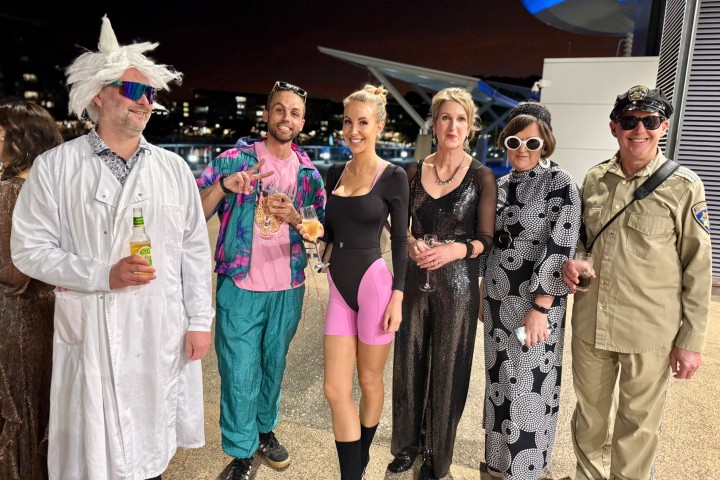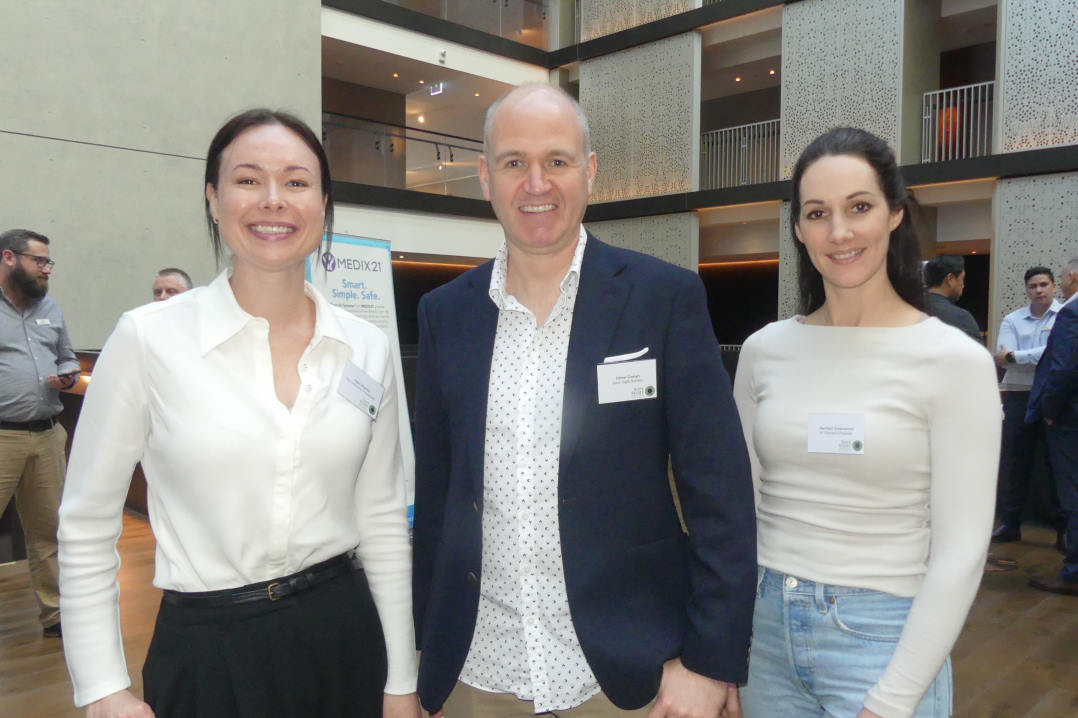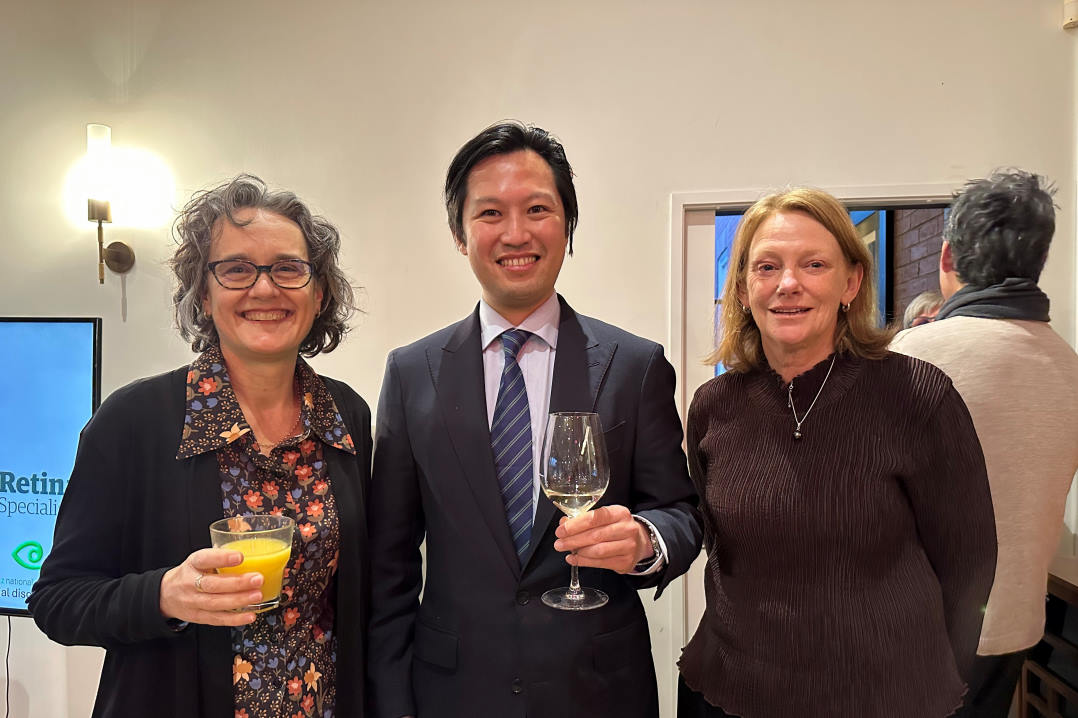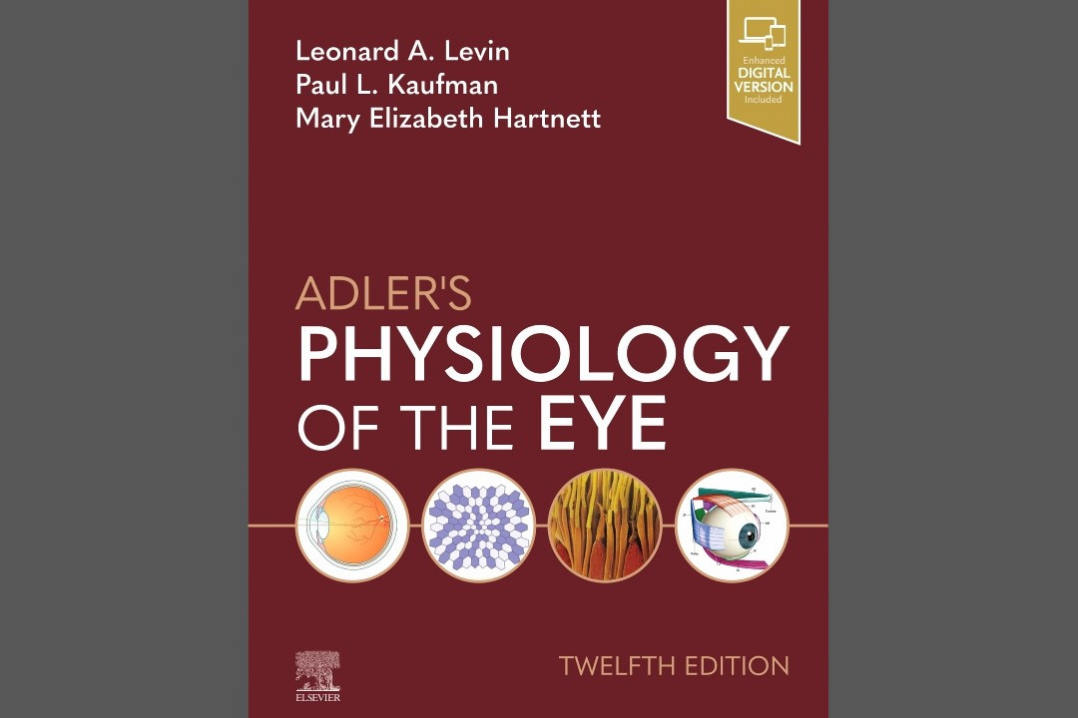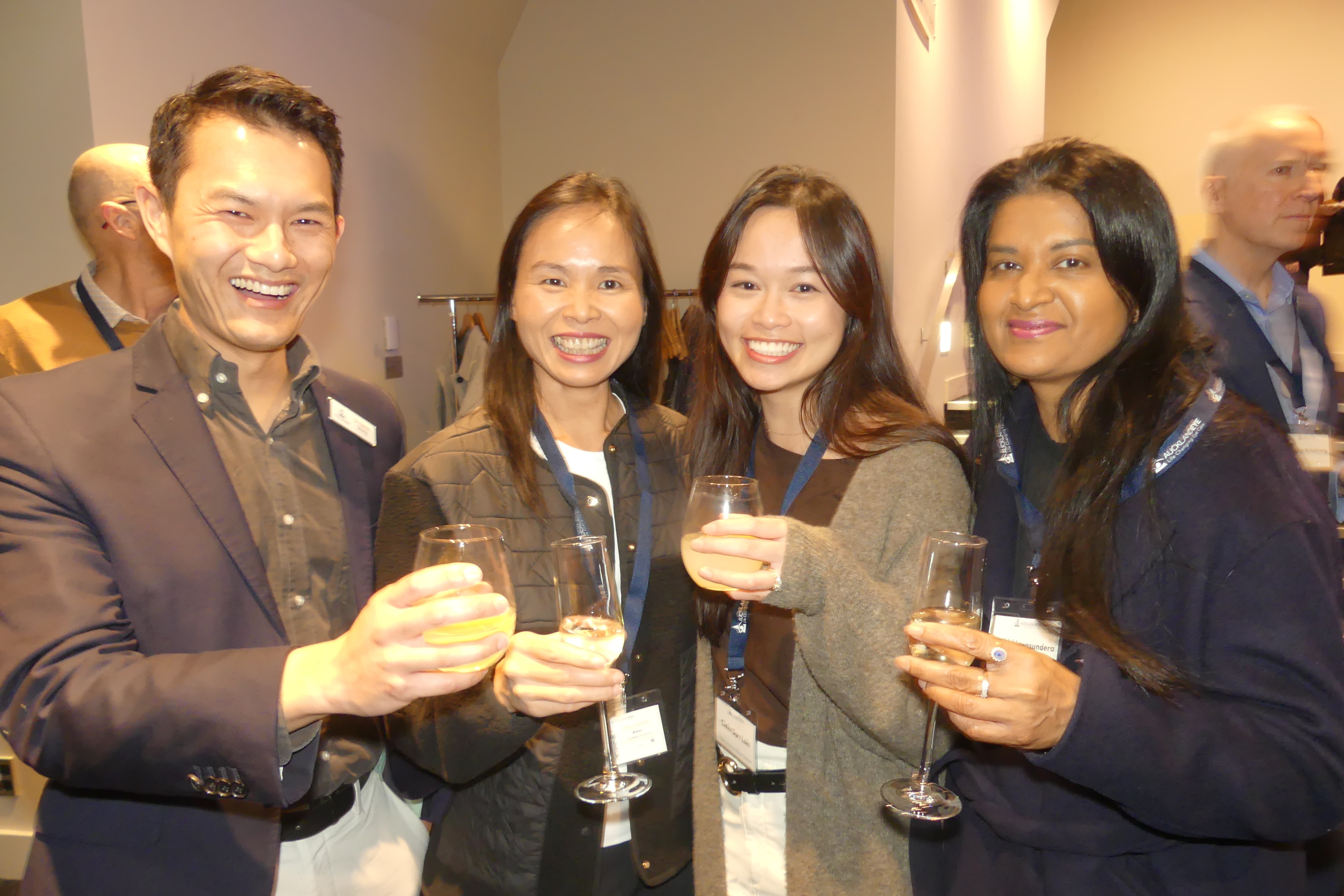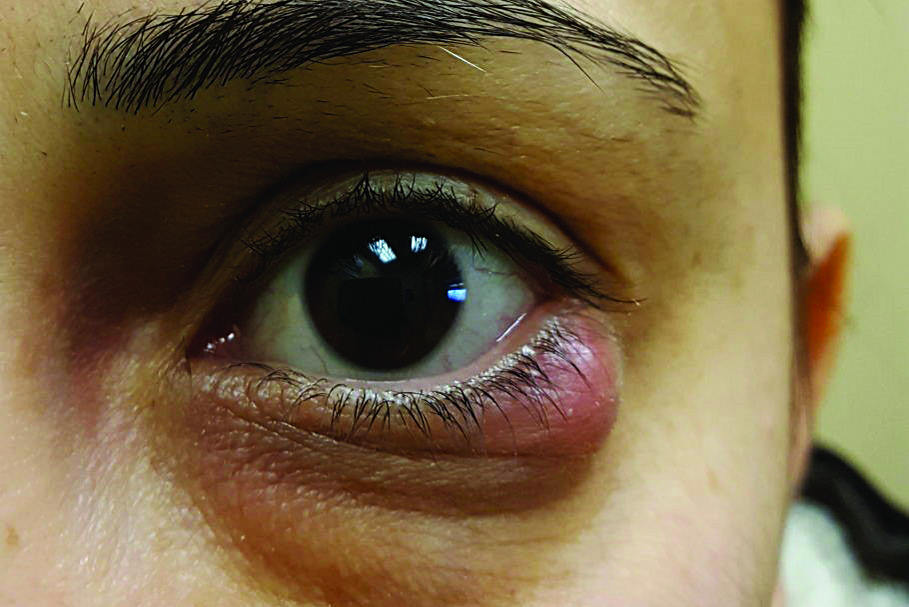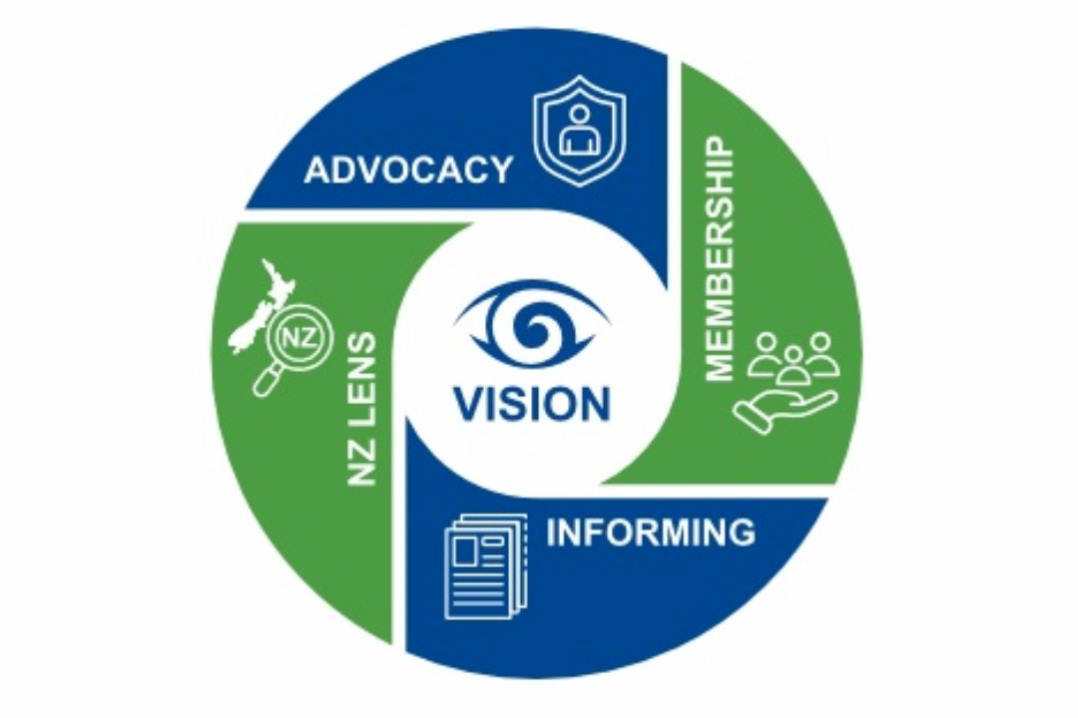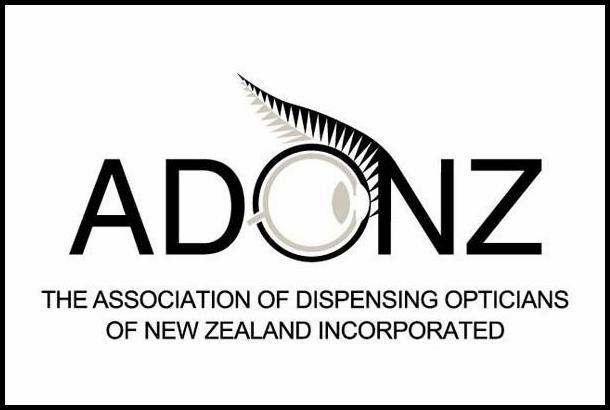RIP Mātua Maaka Tibble MNZM
New Zealand’s health and disability community and many others paid tribute to Matua Maaka Tibble (Ngāti Porou) MNZM and his lifelong dedication and service to disabled people in Aotearoa following his death in late October.
Tibble was a founding member of Kāpō Māori Aotearoa, a national provider of health and disability services based on Māori philosophies, principles and practices, established to help low vision Māori and others who’d benefit from this approach. He was also a founding member of Whaia te Ao Marama the Ministry of Health’s Māori Disability Leadership Group and a former member of the Tairāwhiti District Health Board and the National Health Committee.
“Mātua Maaka is widely known as having gifted ‘whaikaha’ or ‘tāngata whaikaha’ to disability communities, as a strengths-based te reo term for disabled people meaning ‘people who are determined to do well’,” said the office of the Health and Disability Commissioner (HDC) in a statement. “Matua Maaka also gifted Whaikaha – Ministry of Disabled People their name, ‘Whaikaha’, when they were established in 2022.”
As a Sir Winston Churchill Fellow in the 1990s, Tibble undertook research comparing Māori access to disability services with that of indigenous peoples in the US and Canada. More recently, he was part of the disability advisory group to the Royal Commission of Inquiry into Abuse in Care.
“HDC is immensely grateful to have benefitted from the wisdom and guidance of Mātua Maaka on tikanga and the experiences and aspirations of tāngata whaikaha Māori. His generosity helped shape our current work to make HDC’s Act and Code more effective for, and responsive to, the needs of Māori.”
Tipple was a long-time advocate for the disabled community of Aotearoa, said Paula Tesoriero, CEO of Whaikaha – Ministry of Disabled People.
“Mātua Maaka talked about being inspired by the words of Nelson Mandela, ‘how can we turn disability into ability, disharmony to harmony and disadvantage to advantage’. He also talked about the influence of Sir Mason Durie, who coined the phrase ‘whaiora’, which means to have wellbeing. This led Mātua Maaka to suggest ‘whaikaha’ or ‘tāngata whaikaha’, as a strengths-based term for disabled people. I will forever be grateful for the role Mātua Maaka played in the establishment of Whaikaha – Ministry of Disabled People. I will miss his compassion, his laughter and his dedication to our community.
“RIP Mātua Maaka Tibble MNZM (Ngāti Porou) – a man of great strength, whose legacy and contributions will be remembered for generations,” Tesoriero said.









